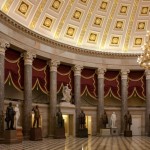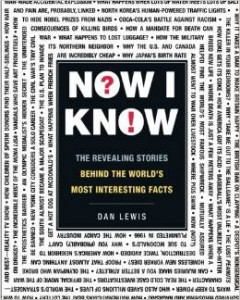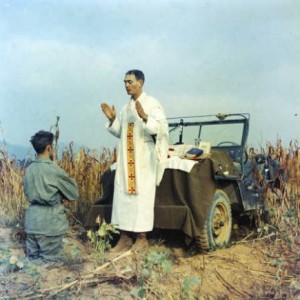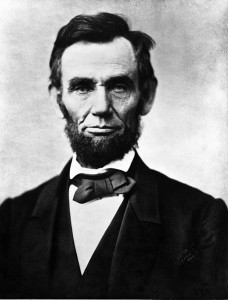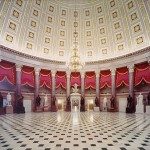Was George Washington a Christian?
Some historians have claimed that Washington was a Deist–that is, one who believed that reason and observation of the natural world were sufficient to prove existence of a Creator, but that one need not belong to an organized religion.
David L. Holmes, author of The Faiths of the Founding Fathers, categorized him as a “Christian deist” because of his frequent references to Providence, which resemble strict deist terminology and yet add the Christian dimension of mercy and the divine nature.
Westminster Theological Seminary president Peter Lillback, in George Washington’s Sacred Fire, has said of the nation’s first president,
Washington referred to himself frequently using the words “ardent,” “fervent,” “pious,” and “devout.” There are over one hundred different prayers composed and written by Washington in his own hand, with his own words, in his writings….Although he never once used the word “Deist” in his voluminous writings, he often mentioned religion, Christianity, and the Gospel….Historians ought no longer be permitted to do the legerdemain of turning Washington into a Deist even if they found it necessary and acceptable to do so in the past. Simply put, it is time to let the words and writings of Washington’s faith speak for themselves.
And Catholic philosopher Michael Novak, author of On Two Wings: Humble Faith and Common Sense at the American Founding, said of Washington that he could not have been merely deist, without also being a Christian. Novak wrote:
What we did prove, and quite conclusively, is that Washington cannot be called a Deist—at least, not in a sense that excludes his being Christian. Although he did most often address God in the proper names a Deist might use—such as “Author of all the good that was, that is, or that will be” and “Disposer of all human events”—the actions that Washington expected God to perform, as expressed both in his official public prayers (whether as general or as president) and in his private prayers as recorded, are the sorts of actions only the God of the Bible performs: interposing his actions in human events, forgiving sins, enlightening minds, bringing good harvests, intervening on behalf of one party in a struggle between good and evil (in this case, between liberty and the deprivation of liberty), etc. Many persons at the end of the 18th century were both Christians and Deists. But it cannot be said, in the simpleminded sense in which historians have become accustomed to putting it, that Washington was merely a Deist, or even that the God to whom he prayed was expected to behave like a Deist God at all.
Washington penned a letter to Roman Catholics in 1790, thanking them for helping to elect him to the presidency in 1789 and promising the protection of civil government. Here is the text of that letter.
While I now receive with much satisfaction your congratulations on my being called, by an unanimous vote, to the first station in my country; I cannot but duly notice your politeness in offering an apology for the unavoidable delay. As that delay has given you an opportunity of realizing, instead of anticipating, the benefits of the general government, you will do me the justice to believe, that your testimony of the increase of the public prosperity, enhances the pleasure which I should otherwise have experienced from your affectionate address.
I feel that my conduct, in war and in peace, has met with more general approbation than could reasonably have been expected and I find myself disposed to consider that fortunate circumstance, in a great degree, resulting from the able support and extraordinary candour of my fellow-citizens of all denominations.
The prospect of national prosperity now before us is truly animating, and ought to excite the exertions of all good men to establish and secure the happiness of their country, in the permanent duration of its freedom and independence. America, under the smiles of a Divine Providence, the protection of a good government, and the cultivation of manners, morals, and piety, cannot fail of attaining an uncommon degree of eminence, in literature, commerce, agriculture, improvements at home and respectability abroad.
As mankind become more liberal they will be more apt to allow that all those who conduct themselves as worthy members of the community are equally entitled to the protection of civil government. I hope ever to see America among the foremost nations in examples of justice and liberality. And I presume that your fellow-citizens will not forget the patriotic part which you took in the accomplishment of their Revolution, and the establishment of their government; or the important assistance which they received from a nation in which the Roman Catholic faith is professed.
I thank you, gentlemen, for your kind concern for me. While my life and my health shall continue, in whatever situation I may be, it shall be my constant endeavour to justify the favourable sentiments which you are pleased to express of my conduct. And may the members of your society in America, animated alone by the pure spirit of Christianity, and still conducting themselves as the faithful subjects of our free government, enjoy every temporal and spiritual felicity.
G. Washington


